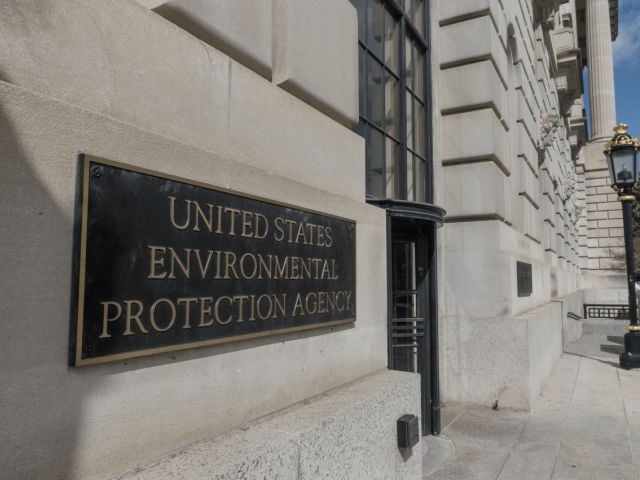
Craig Cox, Environmental Working Group senior vice-president wrote the following op-ed in today’s (March 25) Des Moines Register. Cox manages EWG’s agriculture programs from our Ames, IA office.
—-
We at Environmental Working Group welcome Sen. Chuck Grassley’s call for an honest, fact-based discussion about reducing our dependence on fossil fuels (“Why I Will Continue to Fight for Ethanol,” March 12). I wish we agreed with him that corn ethanol is an effective way to break our petroleum addiction – especially since we agree with, and applaud, his efforts to promote wind energy and reform farm subsidies. But our honest evaluation of the facts leads us to a far different conclusion.
Energy Security
In 2010 America burned about 12.8 billion gallons of ethanol. But since a gallon of ethanol yields one-third less energy than gasoline, we reduced gasoline consumption only 8.7 billion gallons. We could achieve the same degree of “security” at no cost to taxpayers by increasing average fuel efficiency by just 1.5 miles per gallon. Simply keeping tires properly inflated would do that. The $5.8 billion a year that taxpayers give oil companies to blend ethanol with gasoline buys no real security gains.
Incentives and Mandates
Grassley is correct that the ethanol tax credit only encourages more ethanol use than the law requires. But oil companies get paid for every gallon they blend, whether mandated or not. As a result, taxpayers are effectively paying oil companies $4.80 for every extra gallon they blend voluntarily.
He asks why environmentalists support incentives for wind energy but not corn ethanol – other than through “hypocrisy and intellectual dishonesty.” The answer is: One greatly reduces damage from fossil fuel use; the other does not.
According to the National Research Council, electricity from wind reduces greenhouse gas emissions by 90 percent compared to coal or natural gas. The Environmental Protection Agency, meanwhile, calculated that corn ethanol just barely meets the 20 percent reduction in emissions (compared to gasoline) needed to qualify as a renewable fuel. To avoid the discussion entirely, Congress went so far as to exempt corn ethanol from meeting any emission standard. Subsidizing ethanol makes no more sense than subsidizing oil companies.
Cleaner Environment
Contrary to the industry’s claims, a recent EPA draft report to Congress concluded that corn ethanol production is more likely to harm the environment than improve it. Iowa’s countryside provides ample evidence of the toll that fence row-to-fence row crop production is taking on our biodiversity, water, air and soil. Skyrocketing crop prices, fueled by ethanol subsidies that exceed the spending on all farm conservation programs combined, encourage farmers to plow environmentally sensitive land. Ethanol policy is undercutting the progress conservation-minded farmers have made in protecting our natural resources.
Food versus Fuel
The Food and Agriculture Organization’s food price index is at a record high, in part because we use 40 percent of the U.S. corn crop to make ethanol. If you’re lucky enough to be born in America and are not one of the 43 million people dependent on food stamps, corn ethanol’s effect on your food bill might be trivial. But if you’re among the millions worldwide spending 55 percent of your $2 daily take-home pay on food, even a small jump in food prices puts your family at risk.
Winners and Losers
So who benefits if Grassley prevails? Only 14 percent of ethanol comes from locally owned plants. Valero, an oil company, now owns the second greatest number of U.S. ethanol plants. Ethanol increases price volatility for crops and farm supplies – intensifying the risks for everyone. And farmers acquire yet another layer of government dependency through subsidies at a time when Grassley and others want to cut government spending and “interference” in the economy.
The facts don’t lie. Our ethanol policy costs $5.8 billion each year but barely dents our dependence on fossil fuels. The corn ethanol tax credit and mandates also lead to serious damage to the environment and push the world closer to an unprecedented food crisis if bad weather hits. The policy needs to end.


